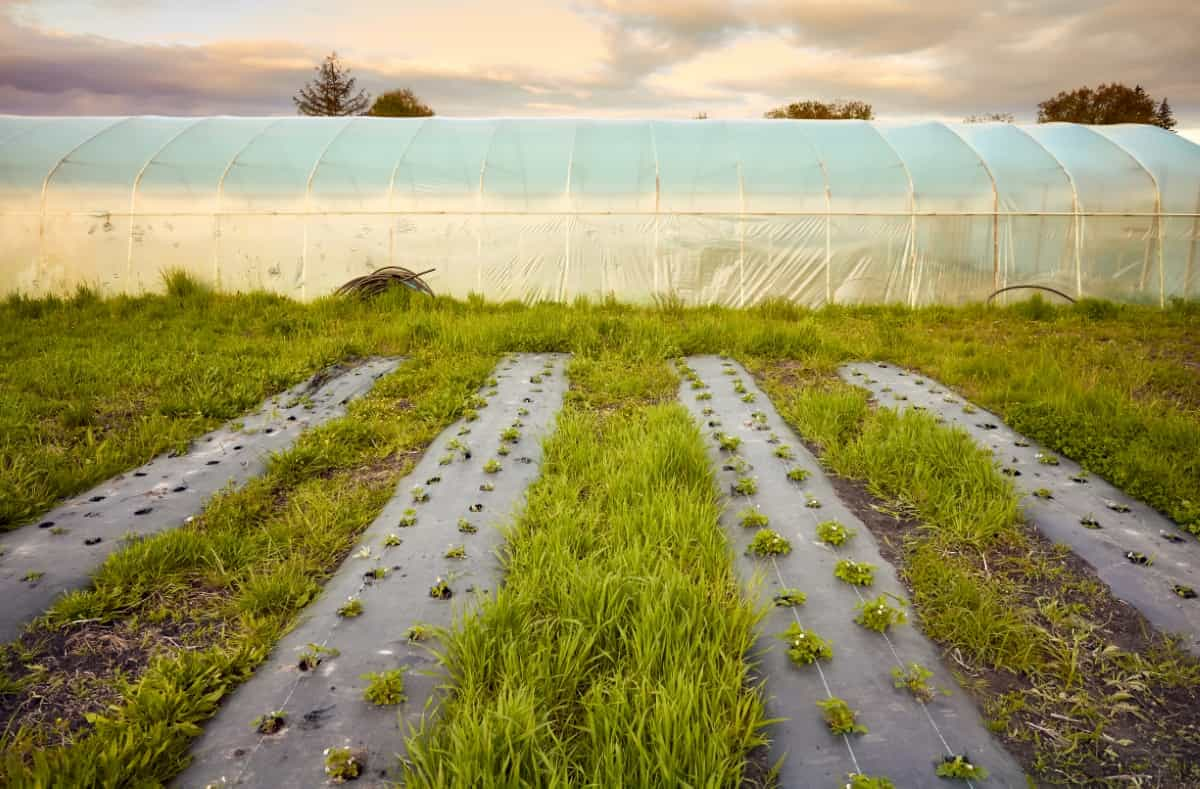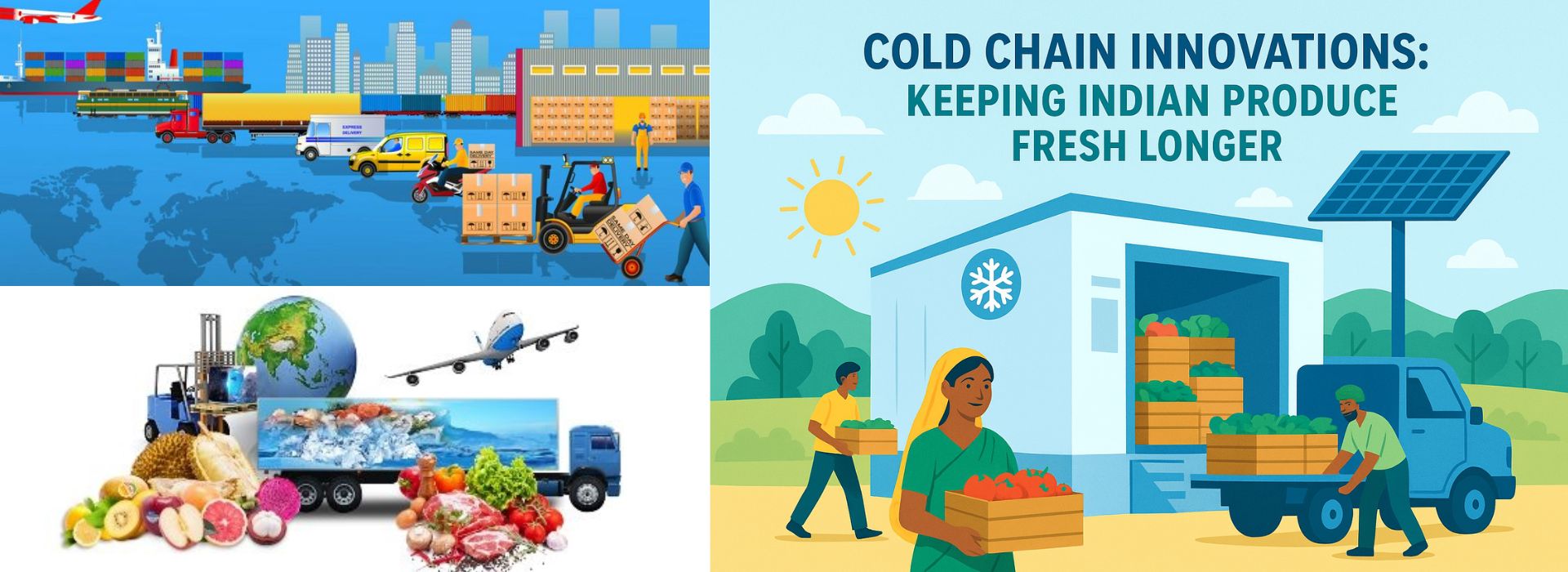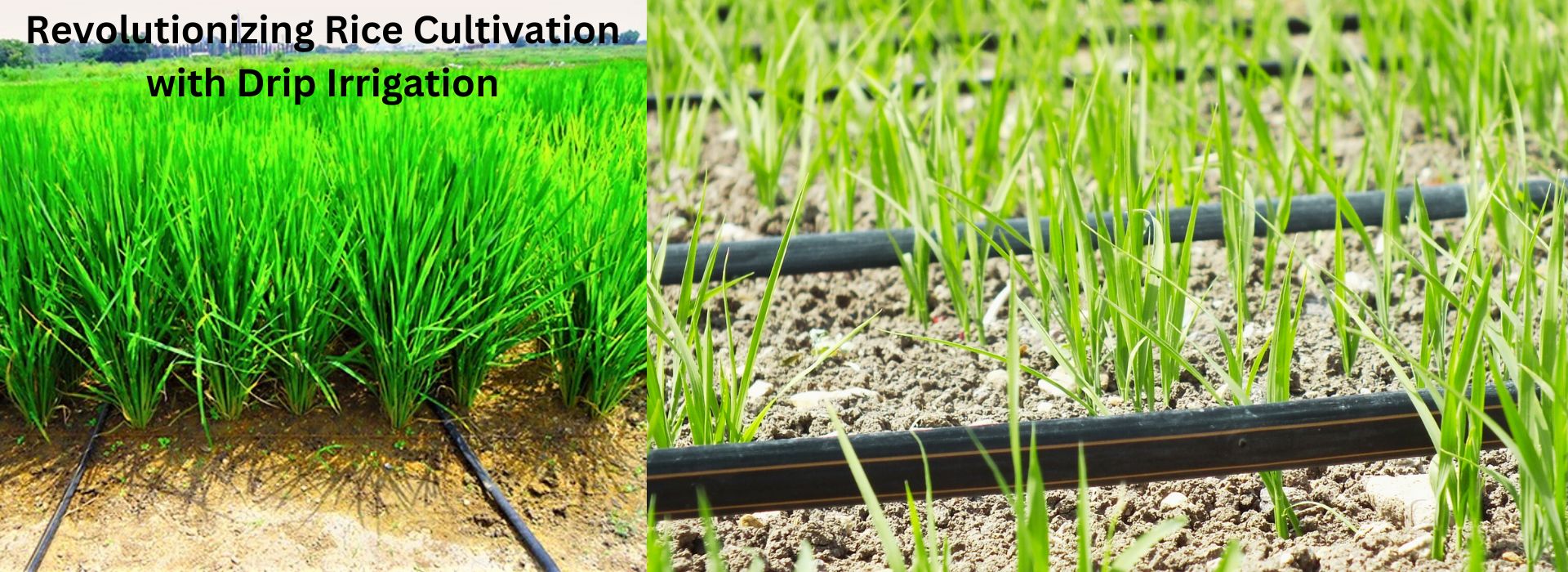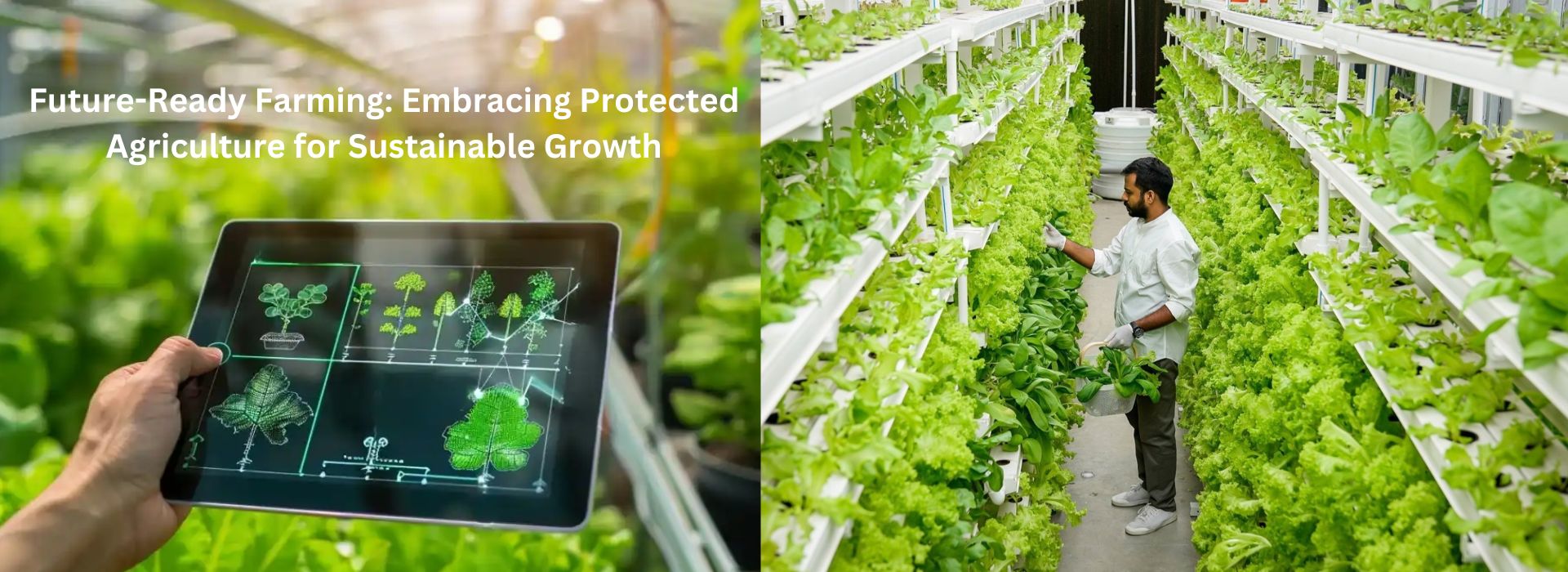the Advantages of Polyhouse Farming
December 28, 2023In the pursuit of sustainable and efficient agricultural practices, polyhouse farming has emerged as a transformative solution. Also known as greenhouse farming, polyhouse cultivation involves the use of polyethylene or polyvinyl chloride (PVC) materials to create a controlled environment for plants. This method offers a host of benefits, ranging from increased crop yields to resource conservation. In this blog, we'll delve into the numerous advantages of polyhouse farming and why it is gaining popularity among farmers worldwide.
Extended Growing Seasons:
Polyhouses provide a controlled and protected environment, allowing farmers to extend the growing season beyond traditional outdoor limitations. This means crops can be cultivated year-round, leading to increased productivity and a more reliable income for farmers.
Temperature Regulation:
The structure of polyhouses enables the regulation of temperature, creating an optimal climate for plant growth. In colder seasons, the polyhouse traps heat, while in warmer seasons, ventilation systems can be employed to prevent overheating. This temperature control is especially beneficial for cultivating temperature-sensitive crops.
Water Conservation:
The closed environment of a polyhouse minimizes water wastage through evaporation. Drip irrigation systems can be integrated into polyhouses, ensuring that water is delivered directly to the roots of plants. This targeted approach not only conserves water but also enhances its efficiency in nourishing crops.
Protection from Pests and Diseases:
The enclosed structure of polyhouses acts as a barrier against pests and diseases, reducing the need for chemical pesticides. This creates a healthier and more controlled environment for plants to thrive, leading to higher-quality produce.
Optimal Light Utilization:
The translucent covering of polyhouses allows sunlight to penetrate while diffusing it evenly across the growing area. This ensures that plants receive an optimal amount of sunlight, promoting photosynthesis and enhancing overall growth.
Year-Round Crop Diversity:
Polyhouse farming enables the cultivation of a wide variety of crops throughout the year. This flexibility allows farmers to diversify their produce, responding to market demands and potentially increasing profitability.
Improved Crop Quality:
The controlled environment of polyhouses, combined with precise management of factors such as temperature, humidity, and light, contributes to the production of high-quality crops. This is particularly significant for fruits, vegetables, and flowers.
Increased Crop Yields:
By providing an ideal environment for plant growth and protecting crops from adverse weather conditions, polyhouses contribute to higher yields per unit of land. This can lead to increased income for farmers and improved food security.
Economic Viability:
While the initial investment in setting up a polyhouse may be higher, the long-term benefits, including increased yields and reduced resource usage, contribute to the economic viability of this farming method. Additionally, the ability to control variables like temperature and irrigation can lead to cost savings in the long run.






Guest reviews
No reviews found for this Blog